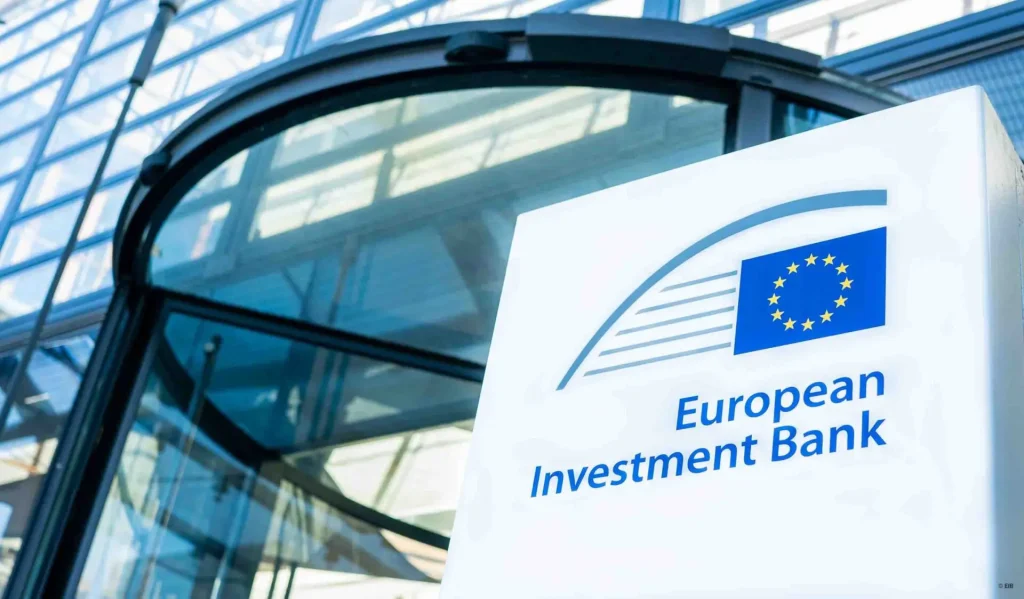€224 million in financing will fund five industrial plants to convert over 200,000 tonnes of non-recyclable waste annually into reusable raw materials.
The project supports circular economy goals and is expected to generate over 300 jobs across five Spanish regions.
Plants will utilize advanced pyrolysis to reduce landfill dependency and CO2 emissions, with operations set to begin between 2026 and 2029.
Greene Enterprise has secured €224 million in financing from the European Investment Bank (EIB) and Santander to build five advanced industrial plants in Spain for the treatment of non-recyclable waste. The funding is split evenly between the EIB and Santander.
The initiative will process more than 200,000 tonnes of industrial and municipal waste annually using advanced pyrolysis technology, converting it into pyrolytic oil, char, and other high-value materials for reuse in industry. This process diverts waste from incineration and landfills, aligning with EU climate and circular economy objectives.
“These plants will focus on the reject fraction—waste that would otherwise be incinerated or sent to landfills,” Greene stated, underscoring the environmental and economic value of the investment.
The facilities will be located in Muel (Zaragoza), La Selva del Camp (Tarragona), San Cristóbal de Entreviñas (Zamora), Madridejos (Toledo), and As Somozas (A Coruña). Two of the sites—Aragón’s Valogreene CML Madridejos and Galicia’s Valogreene Recinor As Somozas—have been designated as priority interest projects by their respective regional governments. Both are in the final construction phase and are expected to be operational in 2026.
RELATED ARTICLE: Allianz Global Investors, EIB Raise $491 Million for Emerging Markets Climate Fund
“Construction and commissioning of the Valogreene plants will help boost the local economy and create jobs in the towns where they are located,” the company confirmed. Each facility is projected to create more than 20 direct and 40 indirect jobs, with all five plants expected to be operational by 2029.
The project directly supports EU goals of regional cohesion, sustainable industrial innovation, and reduced greenhouse gas emissions.
Follow ESG News on LinkedIn

